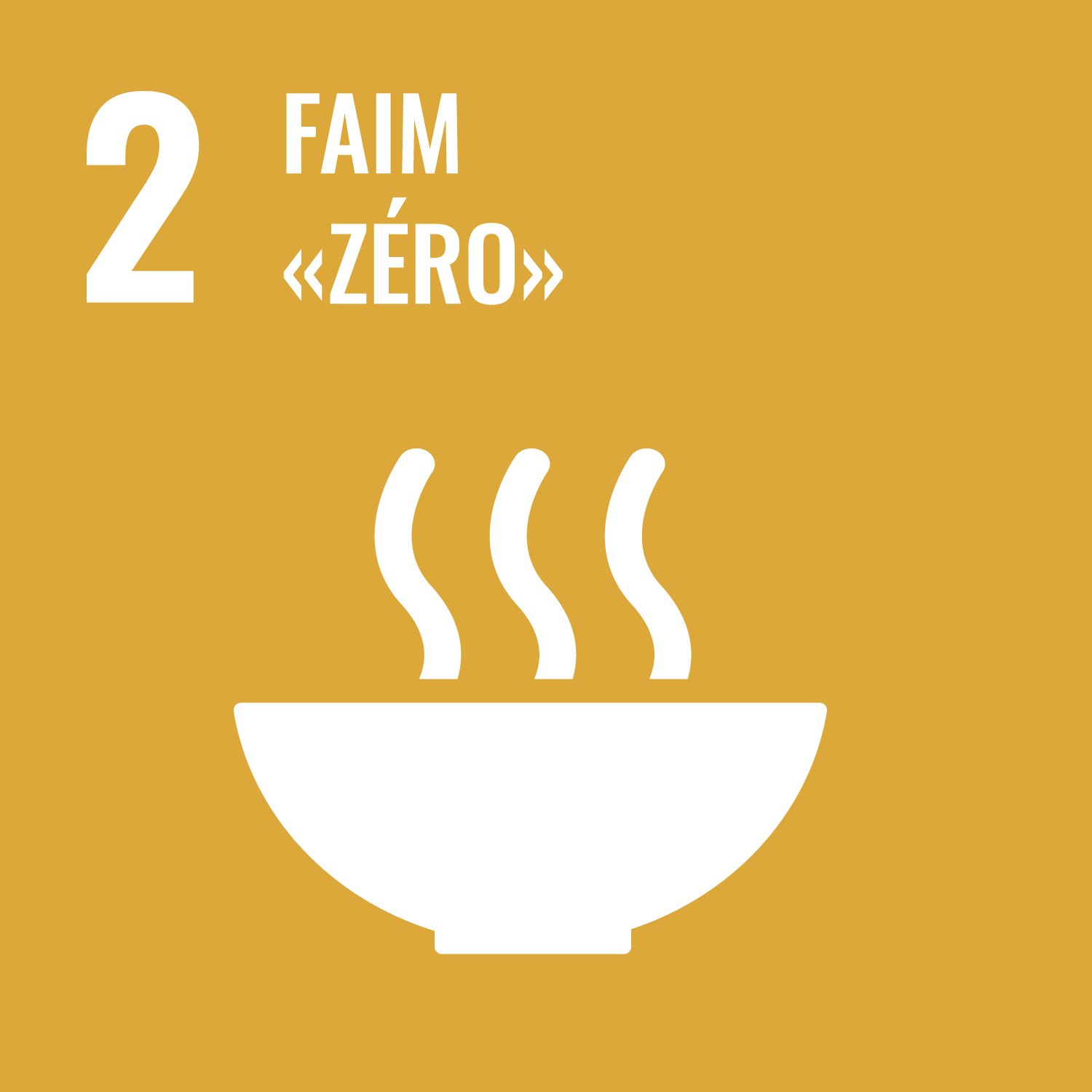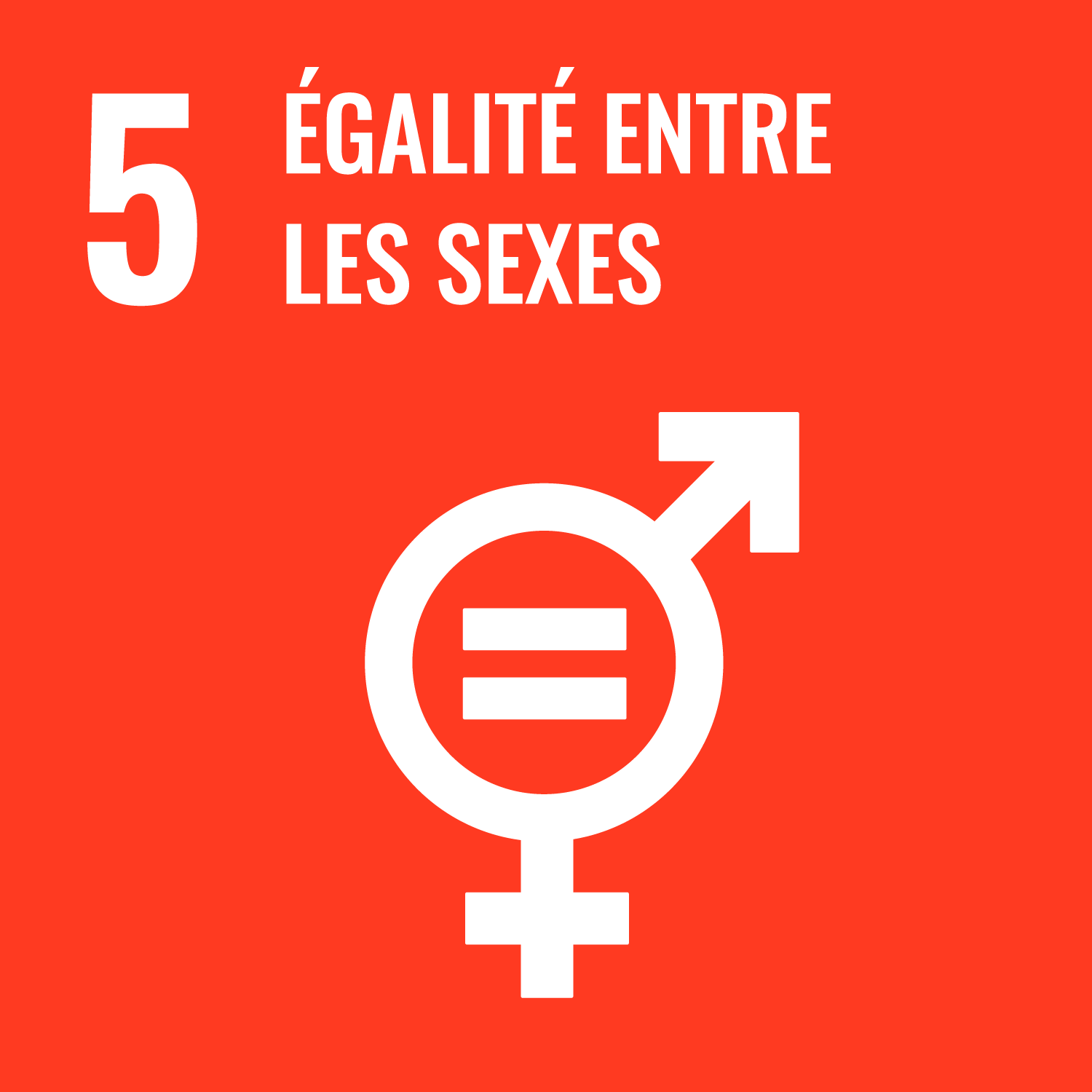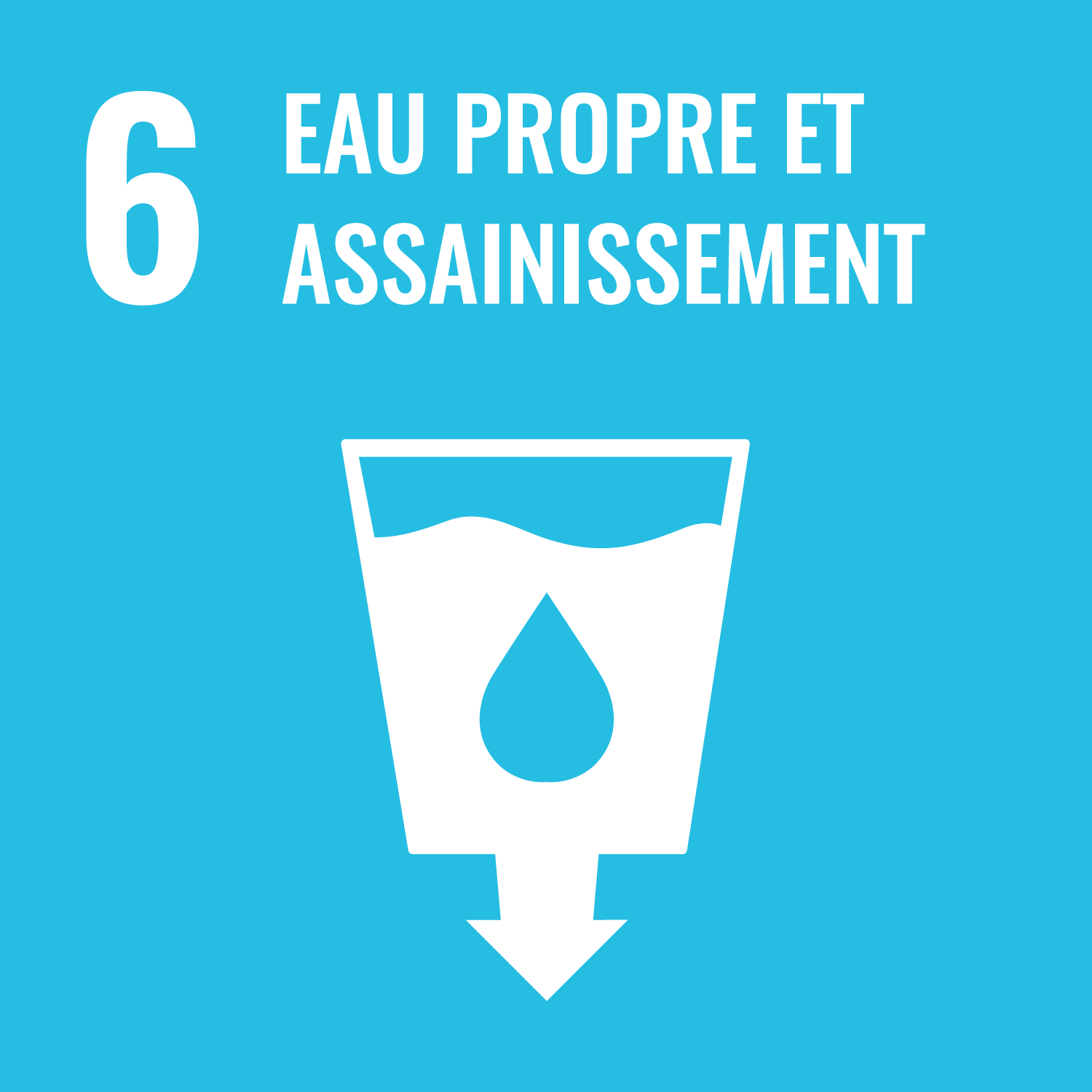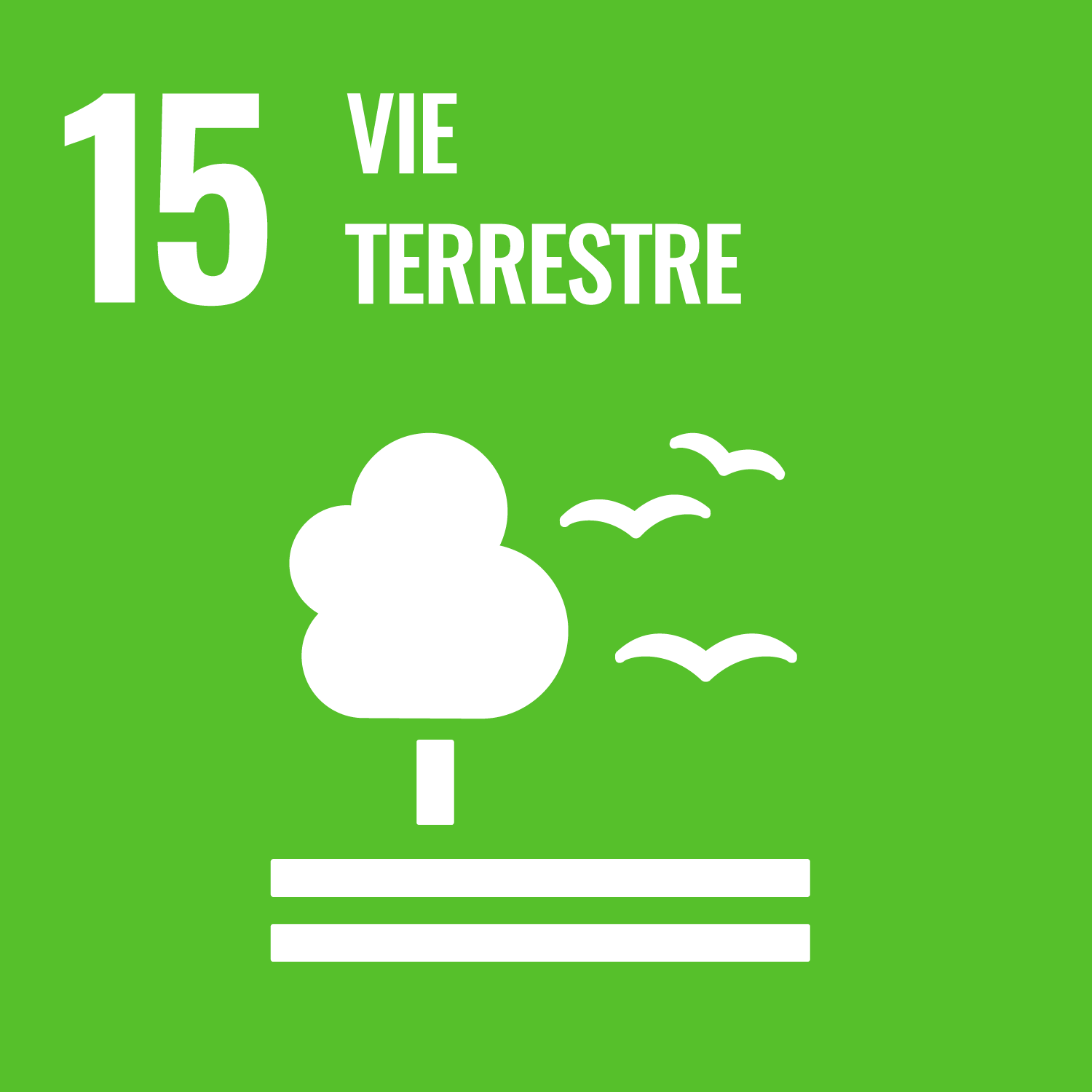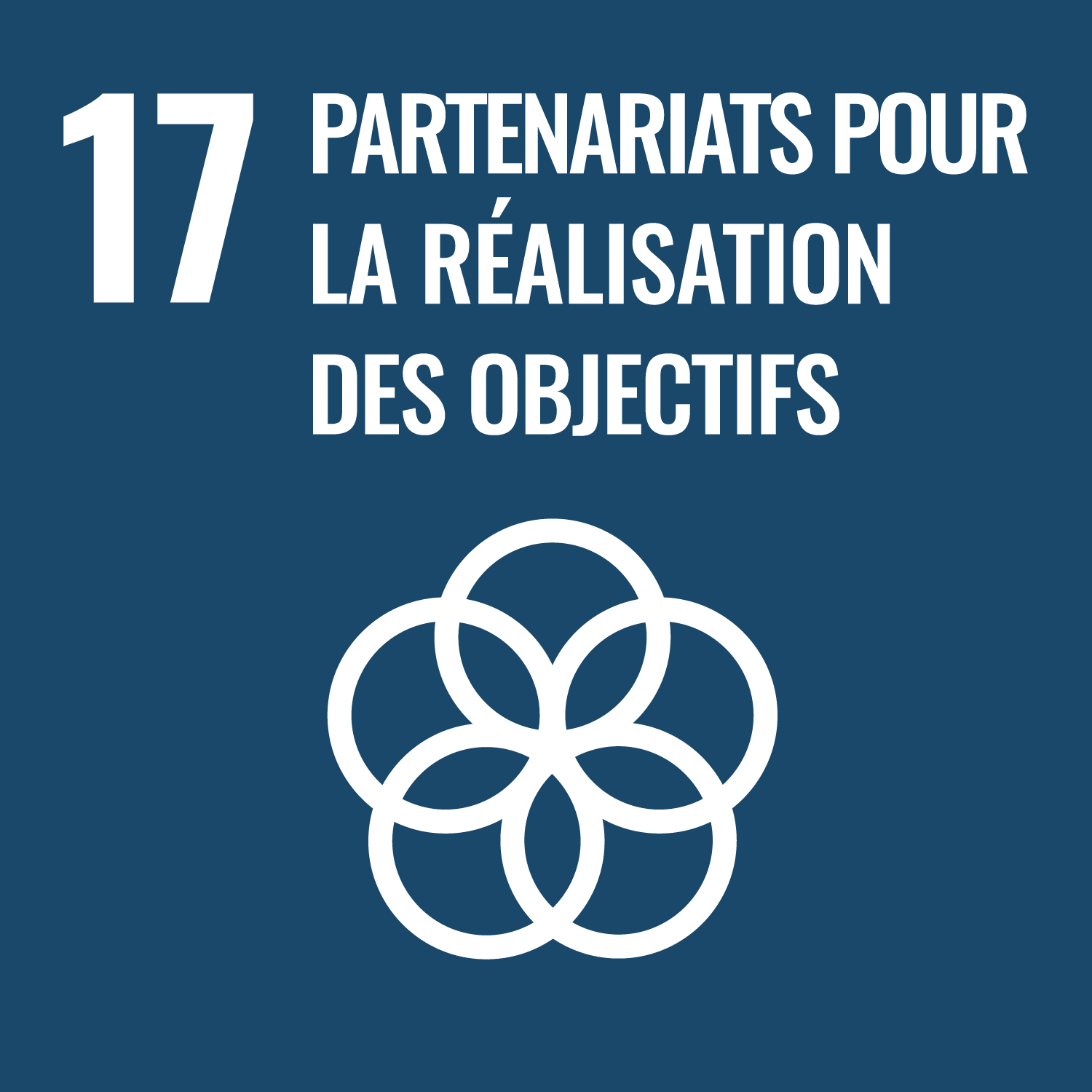For the last 20 years, Chinami Madraji has been working at a tea garden in Moulvibazar. Rain or shine, the 35-year-old mother of five works for eight to 10 hours a day.
However, there is no toilet facility or fresh water supply in the garden sections (in working areas) for her to relieve or cleanse herself in between work.
"We are forced to relieve ourselves out in the open and cleanse ourselves with water from nearby water bodies. Otherwise we have to go to the labour lines (residential areas of workers), which is around four miles away," she told The Daily Star recently.
Not just Chinami, hundreds of tea garden workers, mostly women, have to face this ordeal every day. According to a survey conducted by this newspaper, among 100 female tea garden workers in 10 tea gardens, in three districts of Sylhet division, it was found that 80 percent of them work at least eight hours a day; 60 percent urinate out in the open during work at least three times a day; 80 percent relieve themselves in the open daily during work and 10 percent use soap for cleaning, even though this is crucial amid the pandemic, while 70 percent use sand.
The survey also found that the workers have no sanitary latrine facilities at work sections and almost all of them are suffering from various chronic illnesses. Fifty percent of them get treatment at dispensaries, 20 percent at home or from quacks and 20 percent at government hospitals.
The survey was conducted in the middle of this year at Kurma, Dalai, Alinagar, Rajghat, Gazipur and Patharia tea gardens in Moulvibazar; Lalchand and Deondi tea gardens in Habiganj and Khadimnagar and Khan tea gardens in Sylhet.
Sunil Biswas, a private practitioner of Deondi Tea Garden in Chunarughat upazila of Habiganj, said, "Most female tea workers who visit my chamber suffer from urinary tract infection (an infection in any part of the urinary system -- kidneys, ureters, bladder and urethra) and about 50 percent of them face uterine (relating to the uterus or womb) problems. They lack proper sanitation facilities at workplaces or even at home to some extent."
"Though they [female tea garden workers] use cloths during menstrual period, it must be changed every six hours, otherwise their reproductive organs may get infected, followed by lower abdominal pain and inability to conceive," stated Dr Chowdhury Jalal Uddin Murshed, civil surgeon of Moulvibazar.
According to the Statistical Handbook on Bangladesh Tea Industry 2020, there are 166 gardens in the country with a total of 1,40,164 tea workers. In the three districts of Sylhet division, there are 135 tea gardens where 46,450 registered female workers and 15,153 casual female workers work.
According to experts and activists, because of the hard labour of the workers, the industry has been booming since the first commercial garden was established at Malnichhara in Sylhet district in 1854. During the sector's 166-year history, the industry saw the highest ever production of 9.67 crore kilogrammes of tea in 2019. However, the living standard of the workers in this thriving industry, majority of whom are women, is way below standard, with not even proper sanitary latrines in the labour lines and the garden's work sections, they said.
Besides daily wages, the workers are also provided with other benefits such as housing, ration and treatment. But that seems to have little to no impact on improving their present conditions, they added. Philip Gain, director of Society for Environment and Human Development (SHED), who conducted a survey on tea workers in 2015-16, said, "There is no sanitary latrine in any of the workplaces at the tea gardens even though there is a clear provision to arrange lavatory and washroom services under section-51 of Labour Rules 2015." He said section-50 of the rules also emphasise arranging fresh water for workers.
Mohammad Mahbubul Hasan, deputy inspector general of the Department of Inspection for Factories and Establishments in Sreemangal, confirmed that there are no toilets in the tea garden sections (workplaces) except for a couple of exceptions.
"Tea garden owners or managers have repeatedly been asked to provide the service. Even notices have been issued, but to no avail," he informed. There are no provision in the Bangladesh Labour Act to impose a fine in this regard. Hence, garden authorities are repeatedly making excuses and getting away with it. Even the state-owned gardens lack this facility for workers, he added.
Rambhajan Kairi, immediate-past general secretary of Bangladesh Tea Workers' Union, said, "We have discussed the issue with tea garden authorities but to no avail. They don't seem to understand that a healthy worker will work more productively… the law must be implemented," he said.
A top official of Bangladesh Tea Association (BTA), the representative body of the tea estates in the country, said they have toilet facilities and access to clean water for workers at factories but not at the gardens where they work in the open. Regarding the labour law to ensure toilet facilities at workplaces, the BTA official said the law is for the general purpose of the country's industries. "This [tea sector] is over a century-old sector, which used to have a different set of laws, and is still tradition-oriented."
However, if any organization is interested in setting up the facilities such as mobile toilets, they can send their proposals in writing about their plans regarding implementation, support and maintenance, the official said, adding that they will look into it then.
Dr Mohammad Ali, director of Bangladesh Tea Research Institute, said, "There are no toilets in the tea gardens' work sections. However, we are providing toilets and portable water to the tea workers' residences. There are plans to do so in the workplaces as well." Maj Gen Md Jahirul Islam, chairman of Bangladesh Tea Board, was questioned and he said they will look into the matter first and then respond. He suggested contacting the officials responsible for tea gardens in the division.
A PENDING RTI APPLICATION
To get more evidential data about sanitary latrines, this newspaper applied to the divisional office of the labour department in Sreemangal, Bangladesh Tea Workers' Union and Bangladesh Tea Board, under the Right to Information (RTI) act on April 4 this year.
In the application, we requested detailed data on availability of sanitary latrines at the tea gardens and data on legal obligations.
In response, the office of the labour department informed that they do not have any such data; the union denied receiving such application (mailed through the post office), and the tea board is yet to provide any information.
EFFORTS AND HURDLES
Meanwhile, some non-government organizations are working to change the situation at tea gardens. The Institute of Development Affairs (IDEA), under the Water Sanitation and Hygiene (WASH) project, has been working to ensure sanitation for tea workers. However, they continue to face challenges.
Pankaj Ghosh Dostidar, manager of WASH, said, "We've been trying to make the garden owners and managers understand the issue of workers' health safety, but mostly in vain. We even tried to convince them to permit us to work in this regard, but they turned us down."
Hossain Zillur Rahman, executive chairman of Power and Participation Research Centre (PPRC), said, "This issue must be included in the discussion on the overall protection of tea workers. The owners must come forward in this regard."
"Besides, the government will also have to play a vital role to ensure the health safety of the women tea workers' considering their contribution to the sector's development," said the eminent economist. However, there are notable exceptions within the industry which prove that changes for the better are not just possible, but also profitable.
The Ispahani Group, for instance, have ensured sanitary latrines at work sections in all three of their tea gardens. Md Syduzzaman, senior manager of Mirzapore Tea Estate in Moulvibazar, said that this has led to increased productivity among workers. "This also reduced diseases among workers notably. Earlier, 20 percent of female workers used to be absent due to illness, which has reduced to 10 percent," he said.
The correspondents visited Mirzapore Tea Estate recently and saw the two toilet facilities beside a "resting shed" for workers."We also provide potable water to workers," Syduzzaman said. Tahsin A Choudhury, chief operating officer-estates of Finlay Tea, said each of their labour quarters has been constructed with toilet facilities.He said the public health department (Sreemangal) has adapted a programme to bring all the tea workers under toilet facilities by the next two years. They have already started working in this regard.
"Besides, we have already introduced a mobile toilet under cooperation of Unicef Bangladesh on a trial basis," he added. About setting up toilets at workplaces, he said, "It's a good initiative, which may be forwarded through BTA.
Originally published on The Daily Star



